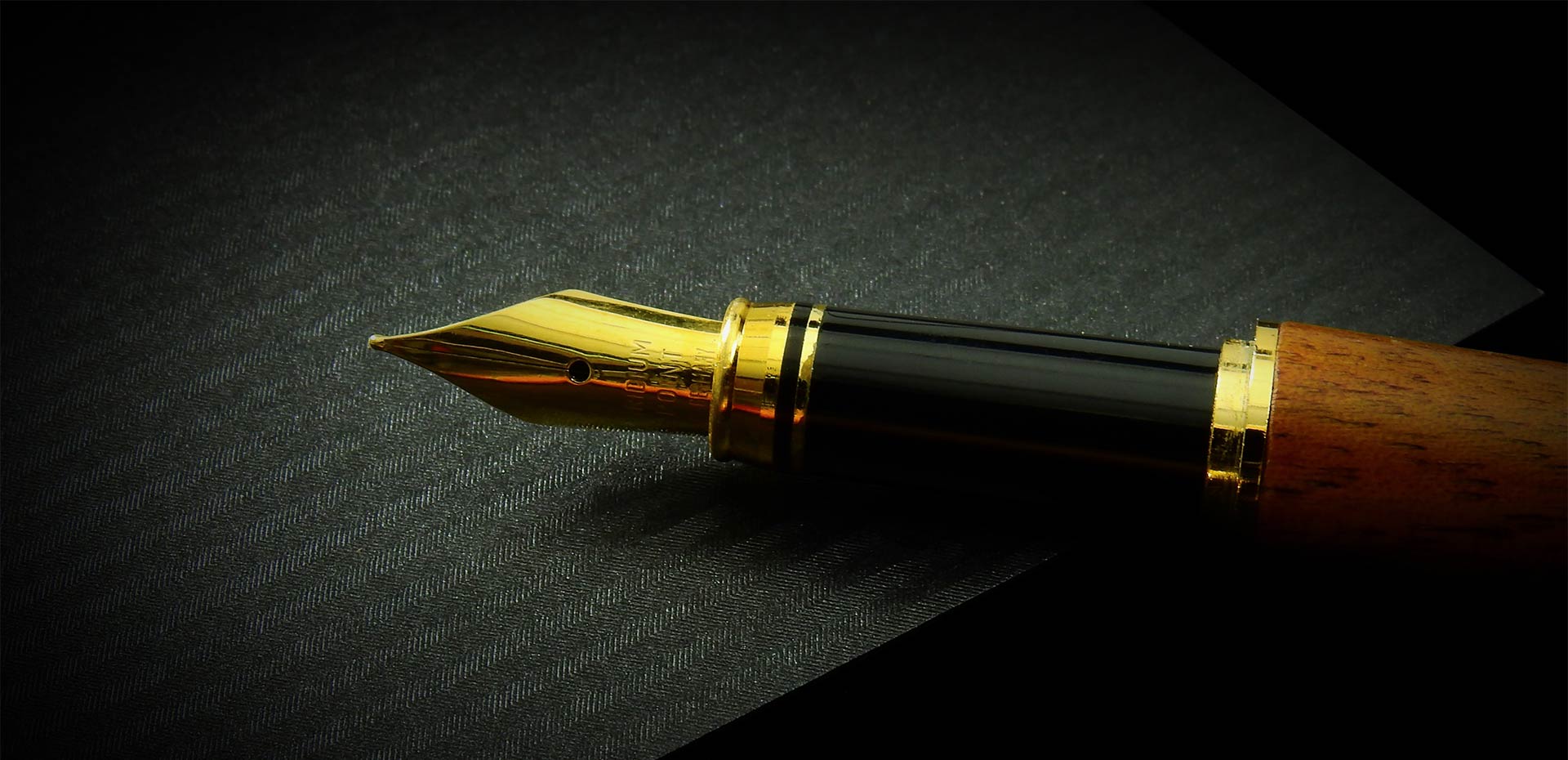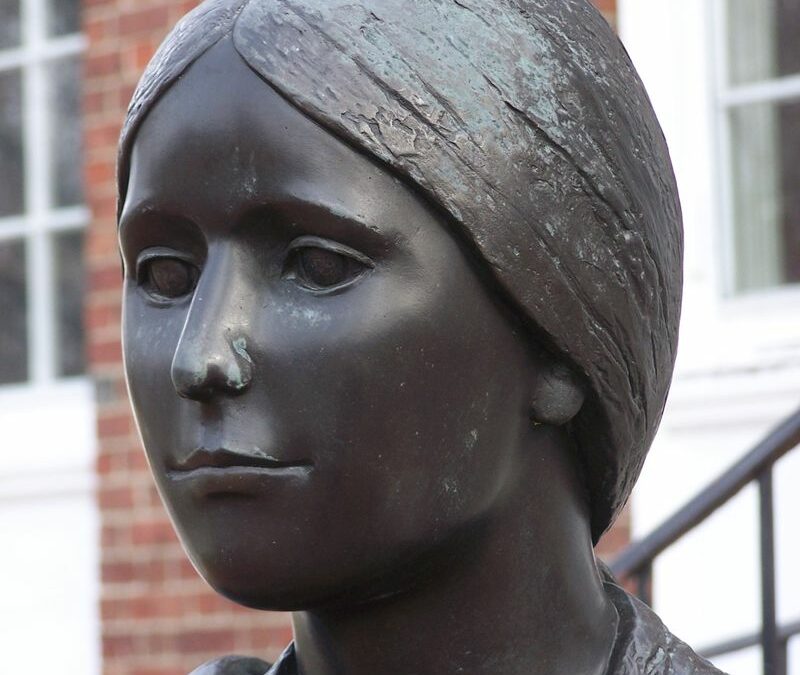As Women’s History Month draws to a close, we honor the achievements of fabulous females who’ve made a significant impact in various fields. One such individual who deserves recognition is Deborah Sampson, a trailblazer who paved the way for women in the American military.
From Growing Up on a Farm to Fighting on the Battlefield
Deborah Sampson was born into a farming family in Plympton, Massachusetts, on December 17, 1760. Despite her and her seven siblings being poor, her family valued learning and ensured that all their children—including young girls—received at least a primary education.
Life changed for Deborah after her father passed away. At just five years old, Deborah was forced to work to help support her family and was sent to be a servant until she was old enough to be employed as a schoolteacher.
Going to War: Becoming Robert Shurtliff
Deborah firmly believed in the ideals of the American Revolution and wanted to contribute to the fight for independence. As the War spread, she was inspired by the speeches of revolutionary leaders and dreamt of becoming a soldier.
But, in the late 1700s, women weren’t allowed much freedom or autonomy and certainly couldn’t join the military. So, in 1782, at 22 years old, Deborah disguised herself as a man and joined the 4th Massachusetts Regiment. She went by the name of Robert Shurtliff and managed to keep her secret for a year and one-half while serving and fighting several battles.
Deborah proved to be a smart and skilled soldier—a brave fighter who became well-known for her endurance and dedication. Despite being injured and shot repeatedly, she refused to leave the battlefield and continued to fight. She even tended to two musket shots early in her battles, dressing her own wounds instead of seeking a doctor’s care.
Opening the Door for Women in the Military
In 1783, Deborah fell ill and was taken to a hospital. Although the doctor discovered she was a woman, he kept her secret for as long as possible. But ultimately, her identity was revealed to her commanding officer.
Deborah was later honorably discharged from the army. Her strong personality and unique contributions challenged gender norms and became widely known, making her a celebrity. In 1797, she was awarded a pension for her military service, a rare honor for a woman at that time.
Following the war, Deborah returned to Massachusetts, where she met and married a farmer, Benjamin Gannett, in 1784. The couple had three children and adopted a fourth. She would go on to tour the Northeast, speaking about her experiences on a lecture tour for several years.
Deborah’s bravery and sacrifice paved the way for future generations of American women to serve their country. Her story also sheds light on the struggles women faced in a male-dominated society and the lengths they had to go to achieve their goals. Her story and experiences highlight the importance of women’s contributions to the military.
The Fight Continues: Battling Military Sexual Inequality and Assault
Hundreds of years later, women continue to fight for equal rights and to eliminate sexual discrimination and abuse. While recent progress has been made to combat sexual discrimination and abuse in the American military, much work remains to be done.
Today, women make up approximately 16% of the U.S. military, but they still face discrimination and sexual abuse. According to the Department of Defense (DOD) annual report on sexual assault in the military, there were 8,866 reports of sexual assault involving Service members as either victims or subjects, which is a 13 percent increase from reports made in Fiscal Year 2020.
Deborah’s story is a reminder that women have long worked within the military, devoting their lives to patriotism and serving in combat roles. While progress has been made, much work is still to be done to eliminate sexual discrimination and abuse in the military. Deborah’s legacy is a powerful symbol of the ongoing fight for equality and justice.
If you’d like to learn more about my involvement in causes supporting women in the military, advocacy for domestic and sexual abuse survivors, or my new book (“War at Home”), please don’t hesitate to contact me directly at Jakia@jmlindley.com.


